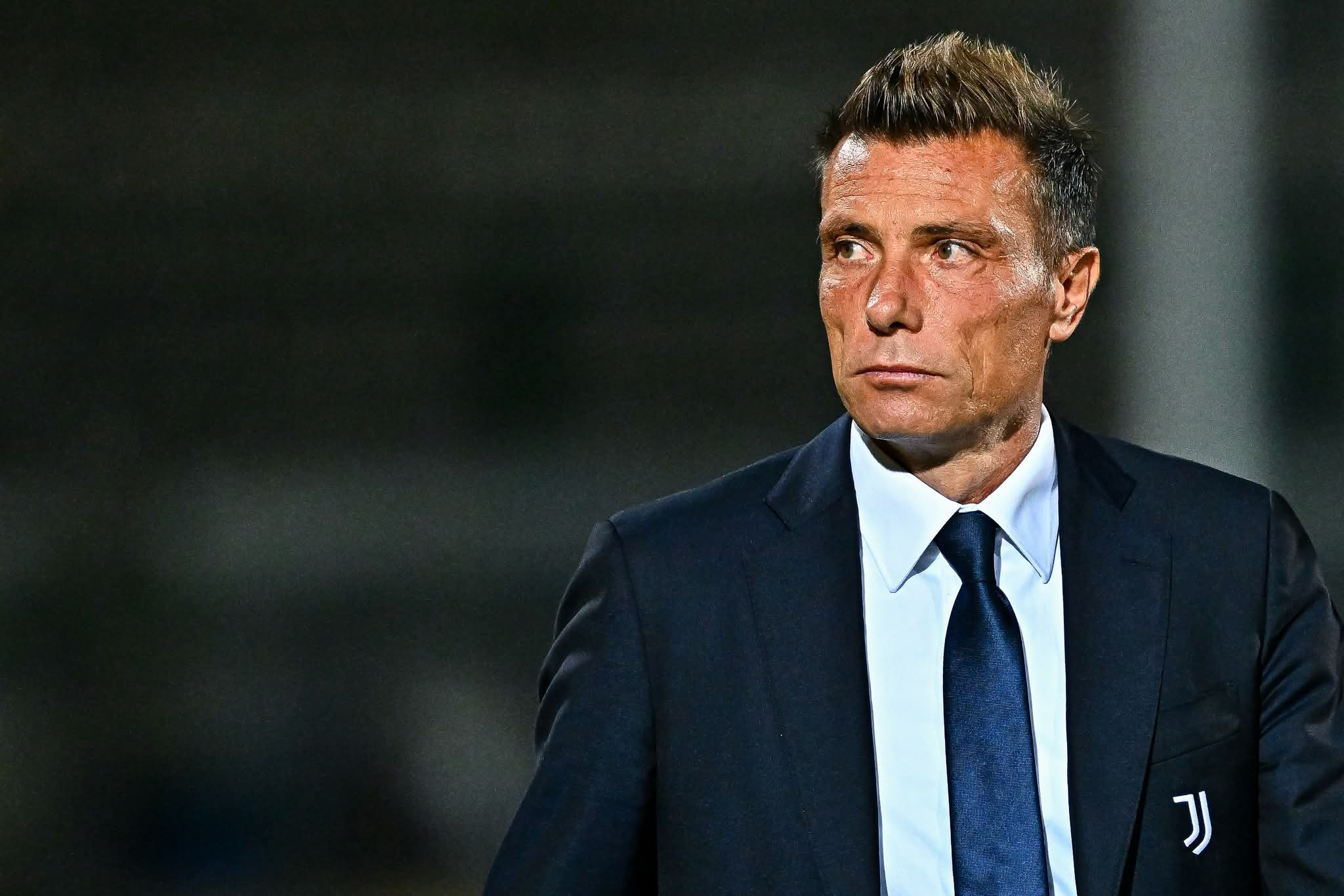The decision: sacking Tudor
Juventus announced on 27 October 2025 that they have relieved Igor Tudor of his duties as head coach of the men's first team, together with his staff. The club also confirmed that the reserve-team coach Massimo Brambilla will take over on a temporary basis.
Why it happened?
Poor recent form: Juventus have failed to win in their last eight matches across all competitions. Their last victory came on 13 September 2025 against Inter Milan (4-3). They suffered three consecutive defeats (to Como 1907, Real Madrid and Lazio) and had gone four games without scoring a goal.
League position and expectations: Juventus sit 8th in the Serie A table with just 12 points after eight matches, six points behind the leaders. The club had higher ambitions, including a return to the heights of the Champions League.
Contract and investment issues: Tudor had been entrusted with the role after guiding Juventus to a 4th-place finish the previous season, securing Champions League qualification. He had signed a contract renewal in June 2025, but the sudden collapse in performance exposed the risk of that long-term commitment.
Context and implications
Tudor’s appointment in March 2025 followed the dismissal of Thiago Motta, making him the club’s first foreign manager since Didier Deschamps in 2006-07. His initial stint appeared promising, but Juventus’ rapid decline has raised questions about the club’s strategic stability and decision-making.
Financially, the premature termination of Tudor’s contract, along with commitments to his predecessor, adds to Juventus’ burden of paying multiple coaches in a short span.
On the sporting side, the decision signals that the club is unwilling to tolerate further degradation of results and is seeking a course correction before the season spins further out of control.
What next for Juventus?
- Brambilla takes interim charge for the immediate future (next match: Juventus vs Udinese).
- Juventus’ board must now identify a long-term replacement. Names being linked include Luciano Spalletti and Roberto Mancini among others.
- From a broader perspective, the sacking underlines a potentially turbulent transition period for Juventus: managerial changes, identity issues on the pitch, financial pressures off it.
Conclusion
In sacking Tudor, Juventus have made a clear statement: patience has run out. While the Croatian coach delivered on the objective of Champions League qualification last season, the club judged that the current trajectory—eight games without a win, growing tactical incoherence and lack of goal-scoring—was untenable.
For the club, the risk now shifts to choosing a successor who can restore stability, rebuild confidence among players and fans, and articulate a coherent tactical identity. For Tudor, this episode will mark a premature exit from a club where he once enjoyed success as a player and senior coach.
Juventus now face a critical juncture: will they address the structural causes of their decline, or will the underlying issues reappear under the next coach?
